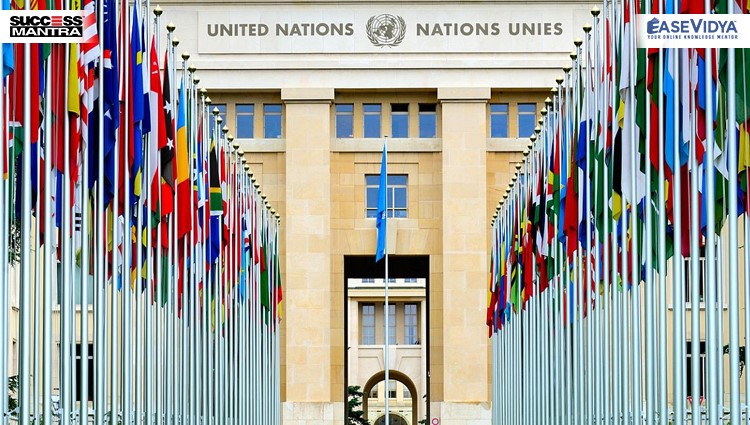
UN REFORMS
UN REFORMS
The long-simmering debate over UN reform — and particularly over the role of the Security Council, which does not represent today’s world and which failed to prevent Russia’s invasion of Ukraine — has suddenly become acute.
- Recently Ukrainian President Volodymyr Zelensky, in a blistering call for the UN to exclude Russia from the Security Council, asked bluntly, “Are you ready to close the UN” and abandon international law. “If your answer is no, then you need to act immediately.”
What’s the issue now?
- Veto powers: The United Nations conferred disproportionate power on the five permanent, veto-wielding members of the Security Council. This allows them to protect their own interests while keeping a heavy hand in world affairs.
- Thus, since 2011, Moscow has exercised its Security Council veto some 15 times in votes regarding its ally Syria.
- The veto power guarantees that permanent members can never be removed from the Council, since the UN Charter’s Article 6 allows the General Assembly to exclude a member only upon the recommendation of the Security Council.
- Lack of international balance among Security Council members: no African or Latin American country holds a permanent seat.
Reforms suggested:
- Enlargement of the Security Council: adding both permanent and non-permanent members.
- The veto has to be a bit more disciplined: The point of it should not be “to block progress” but to “force the five permanent members to sit down and arrive at a solution acceptable to all.”
- Limit the use of veto in cases of “mass crimes”.
- Explanation: Any nation casting a veto to explain it before the General Assembly.
UN Charter:
The Charter was signed in San Francisco on June 26, 1945 and came into force on October 24, 1945.
It is the foundational treaty of the United Nations.
Objectives: Conceived above all as a means to save future generations from the scourge of war, the Charter calls for the organization to maintain international peace and security; promote social progress and better standards of life; strengthen international law; and promote human rights.
As a charter, it is a constituent treaty, and all members are bound by its articles. Article 103 of the Charter states that obligations to the United Nations prevail over all other treaty obligations.
The four main goals of the UN include:
- Maintaining international peace and security.
- Developing friendly relations among nations.
- Achieving international cooperation in solving international problems.
- Being at the center for harmonising the actions of nations in the attainment of these common ends.












ngosvekere
Latest News on Education & LAW Exams Blogs | Success Mantra ngosvekere http://www.g78i69g4k9eugrn2czh7823380owu8l0s.org/ <a href="http://www.g78i69g4k9eugrn2czh7823380owu8l0s.org/">angosvekere</a> [url=http://www.g78i69g4k9eugrn2czh7823380owu8l0s.org/]ungosvekere[/url]